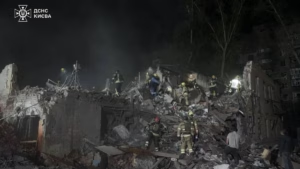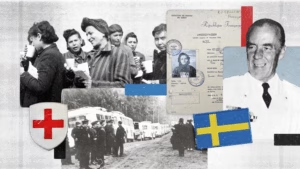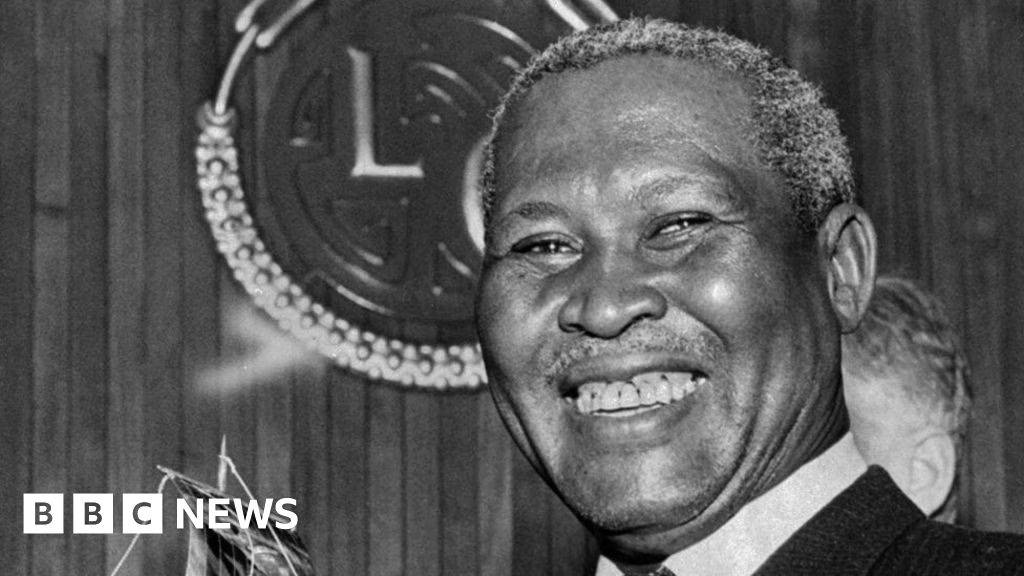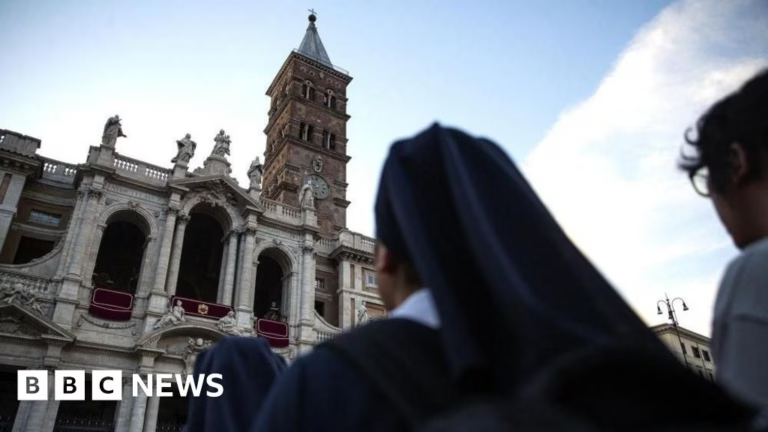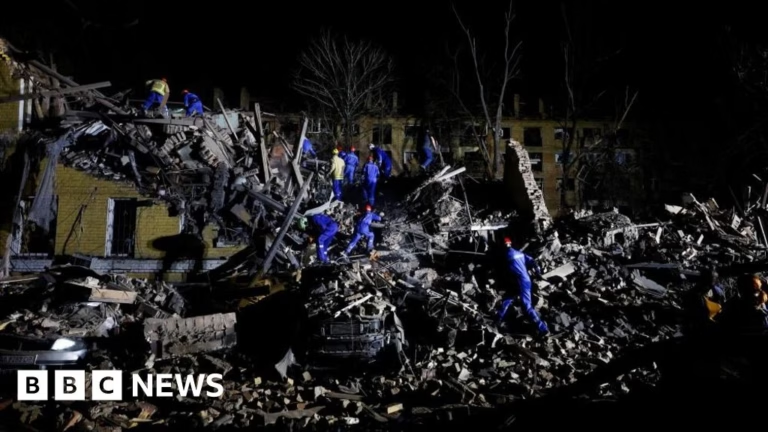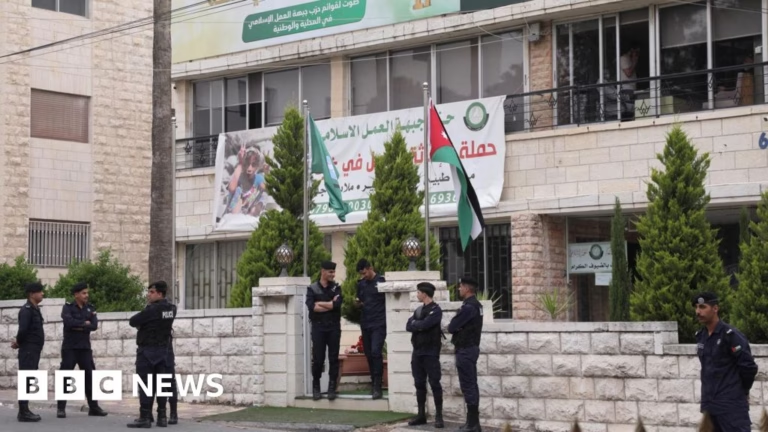A South African court is set to re-examine the circumstances surrounding the death of Chief Albert Luthuli, a renowned anti-apartheid activist, which was initially reported as accidental. Luthuli, the leader of the then-banned African National Congress (ANC) at the time of his death in 1967, won the Nobel Peace Prize in 1960 for his efforts against apartheid. The inquest aims to shed light on the conflicting accounts surrounding Luthuli’s demise, where activists and Luthuli’s family have long doubted the official version of events. They have expressed their welcoming of the investigation’s reopening.
The initial inquest in 1967 concluded that Luthuli died after being struck by a train while walking on a railway line, resulting in a skull fracture. However, suspicions of foul play and a potential cover-up have persisted. The National Prosecuting Authority (NPA) stated their intention to present evidence aiming to overturn the initial findings regarding Luthuli’s death but has not disclosed the nature of this evidence.
Luthuli’s grandson, Albert Mthunzi Luthuli, expressed the family’s support for the inquiry’s reopening, despite the passage of time and the deaths of individuals suspected of involvement in his grandfather’s alleged murder. He mentioned the disappointment felt by many families who believe the Truth and Reconciliation Commission (TRC) afforded amnesty to apartheid-era murderers.
At the time of his death, Luthuli was subject to restrictions, including limitations on his movement and political activities. The Luthuli case is one of two significant inquests being reopened, the other concerning the 1981 murder of lawyer Mlungisi Griffiths Mxenge, who was brutally killed with 45 stab wounds and a slit throat.
An inquiry in 1982 into Mxenge’s death failed to identify the perpetrators until 1991 when Butana Almond Nofemela confessed to the murder and seven other incidents. Nofemela, along with the squad’s commander Dirk Coetzee and David Tshikalange, were found guilty of Mxenge’s murder in 1997 but received amnesty from the TRC before the case could conclude.
The reopening of the Mxenge case was prompted by new evidence suggesting critical information was not presented to the TRC. In South Africa, inquests typically investigate the circumstances of a person’s death and the accountability for that death.
Source: https://www.bbc.com/news/articles/cvg87q6q9d3o

